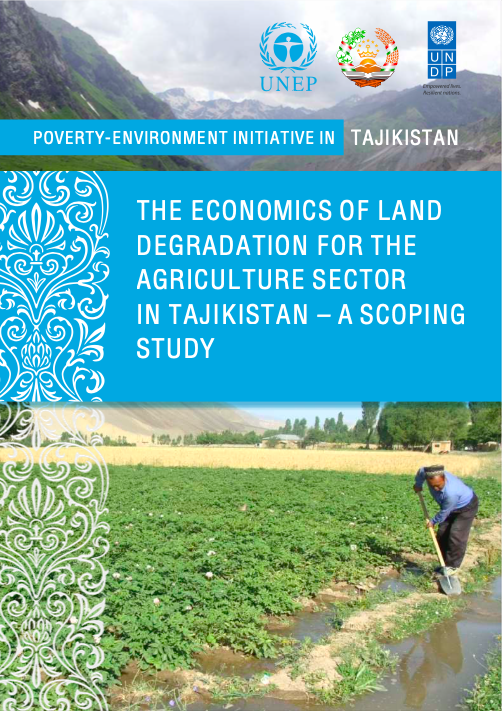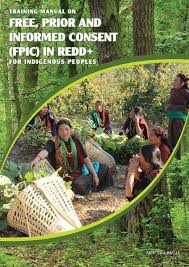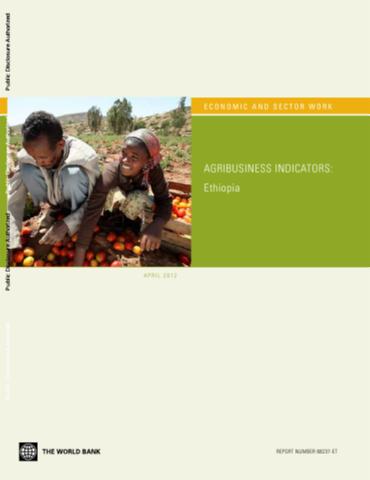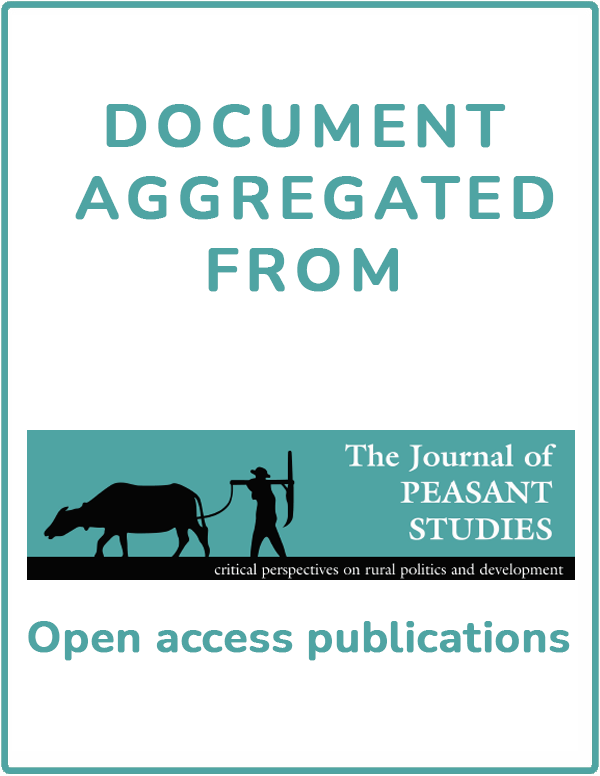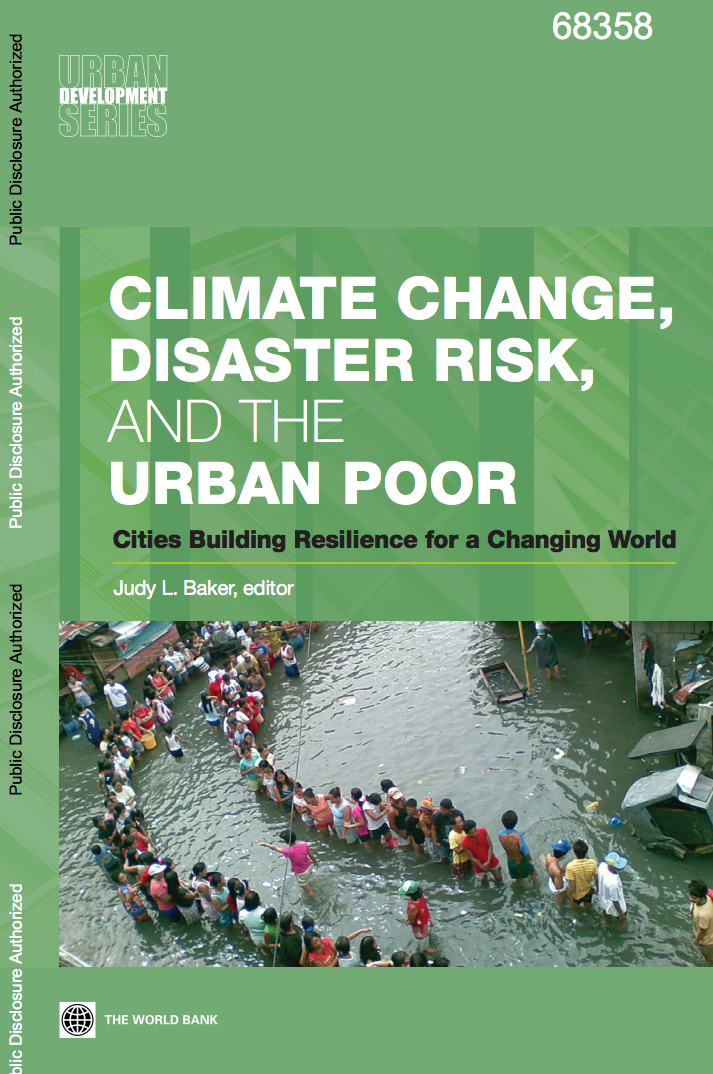Stratégie de Développement de la Tunisie Nouvelle.
La Stratégie de Développement de la Tunisie Nouvelle est un instrument stratégique multi-sectoriel à portée nationale qui a pour but de faire face aux problématiques de développement existantes et aux déséquilibres structurels ainsi que la consécration des aspirations et des revendications légitimes de la révolution qui sont l’emploi, le développement des régions intérieures, l’amélioration des conditions de vie et la justice sociale.


